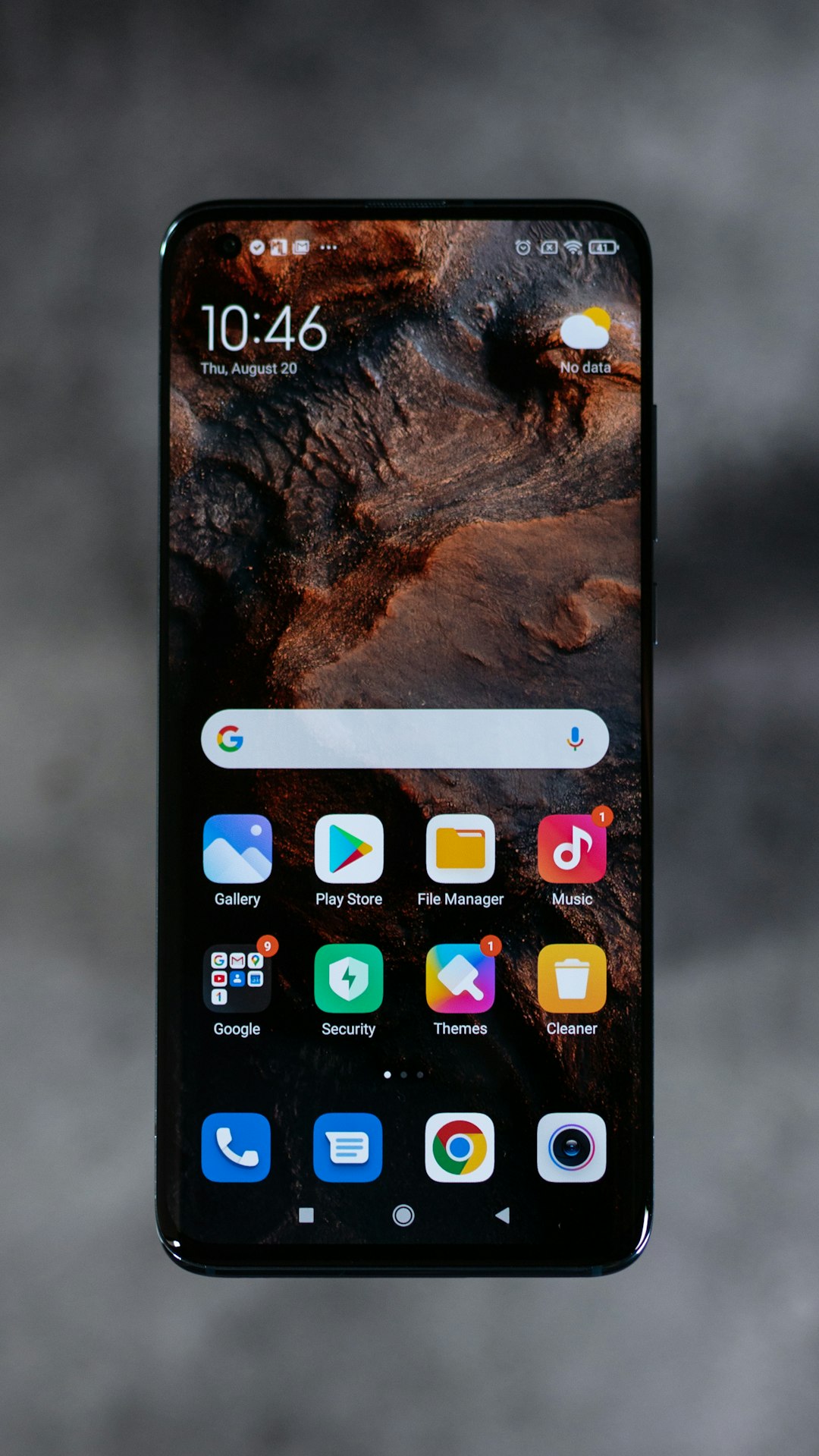Spam calls, a growing concern in Nebraska and beyond, disrupt public health efforts by spreading misinformation, causing distress, and targeting vulnerable populations. With complex legal implications, these calls require the expertise of a spam call attorney Nebraska to navigate regulations like TCPA. Residents can combat this issue by reporting spam, collaborating with health departments and telecom providers, and engaging in awareness campaigns, while employing legal assistance from a spam call attorney Nebraska for effective mitigation.
In the digital age, Nebraska residents, like many across the nation, face an increasing menace from spam calls, which pose significant challenges to local public health. This article delves into the intricate connection between these unwanted communications and community well-being. We explore how spam calls can spread misinformation, disrupt critical health initiatives, and burden public health resources. Additionally, we highlight the crucial role of a spam call attorney in Nebraska, offering legal recourse for affected individuals and organizations. Learn effective strategies to mitigate this growing issue and protect your community’s health.
Understanding Spam Calls and Their Impact

Spam calls, or unsolicited phone marketing calls, have become a pervasive issue in today’s digital age, impacting individuals across Nebraska and beyond. These calls often originate from automated systems and can be particularly intrusive due to their high volume and lack of personalization. While many people simply block such numbers, some spam calls can have serious consequences, especially when they target vulnerable populations or promote harmful products and services.
In the context of local public health in Nebraska, understanding the impact of spam calls is crucial. For instance, a spam call attorney in Nebraska might highlight how these unwanted calls can contribute to public health issues by spreading misinformation about medical treatments or causing distress, leading to increased stress levels and potential mental health concerns. Recognizing this connection is essential for developing effective strategies to mitigate the effects of spam calls and prioritize community well-being.
Local Public Health: A Vulnerable Target

Local public health departments in Nebraska, like elsewhere, are already facing significant challenges, from managing budget cuts to combating rising healthcare costs and a growing list of diseases. In this context, they become an attractive target for scammers, who often exploit the trust people place in these essential services. Spam calls targeting local health organizations, disguised as legitimate inquiries or warnings, can spread misinformation, disrupt operations, and ultimately harm public health efforts.
These malicious calls can be particularly damaging as they may interfere with vital communication channels, making it harder for health departments to reach vulnerable populations with critical updates. Moreover, a spam call attorney in Nebraska might advise that such attacks can lead to legal repercussions, given the sensitive nature of healthcare data and the stringent regulations surrounding its protection.
Legal Aspects: The Role of a Spam Call Attorney

In Nebraska, the fight against spam calls has legal dimensions that often require the expertise of a spam call attorney. These attorneys specialize in navigating complex regulations designed to protect consumers from unwanted phone marketing. They play a crucial role in ensuring compliance with state and federal laws governing telemarketing practices, such as the Telephone Consumer Protection Act (TCPA). A spam call attorney Nebraska can advise businesses on how to lawfully conduct marketing campaigns while also defending consumers’ rights against abusive or deceptive calls.
Moreover, when legal action is necessary, these attorneys represent victims of spam calls, helping them secure damages and deter future violations. Their expertise enables them to identify violations, build strong cases, and negotiate settlements or take legal action on behalf of their clients. By holding spam call perpetrators accountable, they contribute to improving public health by reducing the stress, annoyance, and potential financial harm caused by unwanted telemarketing calls.
Protecting Communities in Nebraska

In Nebraska, protecting communities from deceptive practices like spam calls is a vital public health concern. Spam calls, often originating from out-of-state or even international sources, can lead to identity theft, financial loss, and mental distress. These unwanted phone calls disrupt daily life, particularly for vulnerable populations such as the elderly and individuals with pre-existing health conditions.
A growing number of Nebraska residents are turning to legal action against spam call attorneys who help hold these perpetrators accountable. By filing lawsuits, communities can send a strong message that they will not tolerate such intrusions into their lives. Moreover, settlements from these cases often result in improved anti-spam measures, ensuring better protection for Nebraskans and fostering a safer environment for everyone.
Strategies to Mitigate and Respond Effectively

To effectively mitigate and respond to the growing issue of spam calls, especially those related to public health concerns in Nebraska, several strategies can be employed. One crucial approach is for residents to educate themselves about recognizing and reporting these calls. A spam call attorney Nebraska can play a vital role here by providing guidance and resources on identifying suspicious calls and filing official complaints with relevant authorities.
Additionally, local health departments should collaborate with telecom providers to implement blocking mechanisms tailored to specific areas or demographics prone to such calls. Encouraging community engagement through awareness campaigns can also help foster a collective response against spam calls, ensuring that everyone is equipped with the knowledge needed to protect themselves and their communities from potential public health scams.






